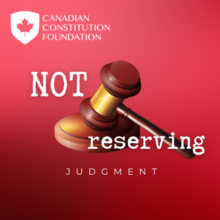Today, the Supreme Court of Canada granted leave to hear a case that will have profound implications for all private civil society organizations, and particularly religious congregations. The Canadian Constitution Foundation filed an affidavit in support of the application for leave last autumn and Executive Director, Howard Anglin, wrote about the case in the Globe & Mail.
What are the facts of the case?
The plaintiff was expelled – “disfellowshipped” – from Calgary’s Highwood Congregation of Jehovah’s Witnesses in April, 2014, for alleged drunkenness, verbal abuse of his wife and insufficient repentance. Having exhausted appeals within the church, the plaintiff sought relief from the Alberta Court of Queen’s Bench, claiming that his disfellowshipping was not consistent with the principles of fundamental justice. The church responded that Canadian courts have no jurisdiction to second-guess the membership decisions of a private religious body.
The Court of Queen’s Bench disagreed and said it had jurisdiction to hear the case. In a 2-1 decision, a panel of the Alberta Court of Appeal upheld the lower court’s jurisdiction. Today, the Supreme Court of Canada announced it will hear the case.
What is at stake?
The narrow question before the court will be whether courts have jurisdiction to review the membership decisions of religious congregations. More broadly, the court will have to consider to what extent the state can intervene in the internal processes of private organizations.
In a lengthy and powerful dissent, Mr Justice Tom Wakeling wrote that the subject matter of the case is not justiciable because:
“[The plaintiff] does not have a right to belong to the Highwood Congregation if its members do not want to associate with him. His freedom of association interest does not compel other Jehovah’s Witnesses to interact with him.”
In any event, courts should not be sitting in review of the internal decisions of private organizations:
“The Highwood Congregation is not a public actor. It is a private actor and is not subject to judicial review. It has no statutory foundation of any kind. The Highwood Congregation makes no decisions that have any consequences for members of the public.”
Quotes:
“The constitutionally guaranteed freedom to associate must include the freedom not to associate, and that right cannot be policed by the courts without an unprecedented intrusion on the privacy and autonomy of Canadians. Where no related legal rights are involved, the internal membership and disciplinary decisions of private bodies are no business of the state.
If the Alberta Court of Appeal’s decision is allowed to stand, it will sweep into the courts’ jurisdiction the membership and other internal decisions of all manner of purely private associations – from business and service clubs to amateur sports teams and churches. Not only would this directly violate the Charter rights to freedom of association and religion, it would impose cumbersome and costly new burdens on voluntary organizations to engage legal counsel to oversee their internal processes. It would also tax an already-strained court system, making chambers the final arbiter of previously private disputes and recriminations.”
Howard Anglin
Executive Director,
Canadian Constitution Foundation
Links:
Alberta Court of Appeal Decision
Case summary from the Supreme Court of Canada
The Canadian Constitution Foundation (“Freedom’s Defence Team”) is a registered charity, independent and non-partisan, whose mission is to defend the constitutional freedoms of Canadians through education, communication and litigation.






